Forum for April 6, 2024: Holocaust remembrance
| Published: 04-05-2024 5:35 PM |
Joseph Polak was a Jewish toddler living in the Netherlands when, in 1943, he and his mother were transported to the Bergen-Belsen death camp. Incredibly, unlike 99% of the Jewish children whom the Nazis deported to the death camps, Polak survived, as did his mother. His account of his time in the death camps and his life in Canada thereafter is the subject of his autobiographical book entitled “After the Holocaust the Bells Still Ring.”
In his book, Polak — who became a rabbi and professor at Boston University, where he was colleagues with Nobel Peace Prize winner and fellow Holocaust survivor Elie Wiesel — writes a short play that raises the question of theodicy, which addresses how one can reconcile faith in the face of utter evil.
On Sunday, April 14, at 1:30 p.m., the Thetford Congregational Church (the white church on Thetford Hill), in conjunction with the Upper Valley Jewish Community, will be hosting a very special event during which a staged reading of this play will be performed, followed by a question-and-answer session with Rabbi Polak and other Holocaust survivors. Moderated by Dr. Nancy Harrowitz, the director of the Elie Wiesel Center for Jewish Studies at Boston University, this event will also be an opportunity for those in attendance to share their perspectives on reconciling faith in the face of human catastrophe. A reception with refreshments will follow, to allow those in attendance to continue the conversation.
This promises to be a profound and inspiring event. I hope you will join us.
Charlie Buttrey
Thetford
Another turn of the crank phone
Steve Taylor’s wonderful article on the old Meriden phone system prompted a memory.
Article continues after...
Yesterday's Most Read Articles
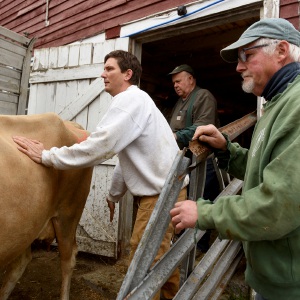 Herd departs Hartford’s last remaining dairy farm
Herd departs Hartford’s last remaining dairy farm
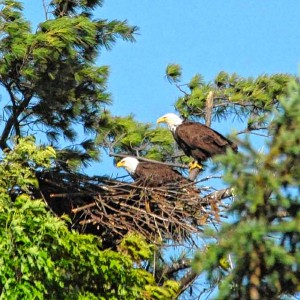 Bald eagles are back, but great blue herons paid the price
Bald eagles are back, but great blue herons paid the price
 At Dartmouth, hundreds protest ongoing war in Gaza and express support for academic freedom
At Dartmouth, hundreds protest ongoing war in Gaza and express support for academic freedom
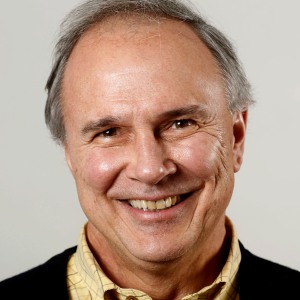 Kenyon: What makes Dartmouth different?
Kenyon: What makes Dartmouth different?
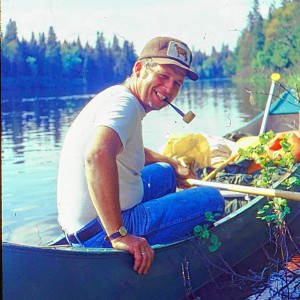 A Life: Richard Fabrizio ‘was not getting rich but was doing something that made him happy’
A Life: Richard Fabrizio ‘was not getting rich but was doing something that made him happy’
When my family and I joined the Meriden Congregational Church almost 40 years ago, one of the first people we met, in addition to Steve, was Hazel Chellis. She was a wonderful woman who could not have been kinder or more gracious and she told us newcomers many enjoyable tales of long-ago Meriden, particularly about operating the switchboard 24/7 from her dining room.
She said that one time she took a call coming in long distance from a man who was trying to find a Mr. Morrill. Hazel of course knew everyone in town and told him she didn’t know anyone by that name. They hung up and a few minutes later she answered again to the same man making the same request. She politely told him again that she knew no one in town by the name of Morrill. Then he called again with the same request and Hazel, who finally had enough, lost her temper a bit and said “Sir, everyone in town knows that we have no morals in Meriden!” This of course got a great laugh from the gathered listeners, especially the pastor.
Keep up the good work Steve!
Dan Dewey
Plainfield
Save Dartmouth’s golf course
I have never been a golfer yet for the life of me, I cannot understand Dartmouth’s choice to forgo its wholly unique 18 hole semi-private golf course. It is one of the U.S.’s 13 semi-private college/university courses. This is such a special gift to our Upper Valley life, whether to seasonally walk/ski on the course’s many paths, play golf, or simply just for the enjoyment of walking or driving by. Poll your alumni, all current and alumni environmentalists as well and add in all other science and humanity faculty too. I bet the result would lean in the direction of “save the course!”
If the College wants to grow, spend the money, yet I urge you to reconsider. Once it is done, this greenway is lost forever. Investigate, scrutinize, examine and exhaust every possibility. To an outsider the golf course just seems too easy.
How does one justify building on top of a perfectly wonderful golf course when the owner is capable of maintaining it?
Recently on spring walks I have by accident come upon several unused and closer to campus sites for potential student housing building.
There is an enormous piece of unused property north of Bartlett Tower extending to North Park Street. (At route 10 traffic lights) Dartmouth’s architects could create brilliant structures built into this stunning landscape. This is a very beautiful wide area. Another perhaps easier location is the grassy, unused land at the junction of East Wheelock and Summer Streets. (What about the fields across from the golf course, extending east toward Rip Road, or next to Campion Rink?)
These areas are not mentioned to stir up neighborhood animosity, only to say that there are other sites. It is never too late to reconsider.
We know the Upper Valley will utter an enormous sigh of relief when Dartmouth decides that the golf course greenway will stay.
Barbara S. Woodard
Thetford Center

 Editorial: Chris Sununu’s moral vacuum
Editorial: Chris Sununu’s moral vacuum Editorial: Gambling tarnishes America’s sporting life
Editorial: Gambling tarnishes America’s sporting life By the Way: A white nationalist’s many mistruths
By the Way: A white nationalist’s many mistruths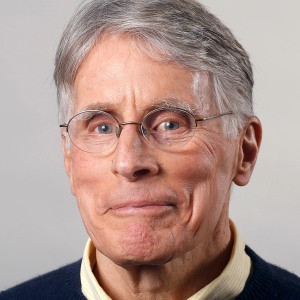 Column: The age-old question of what to read
Column: The age-old question of what to read
